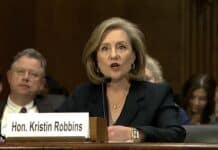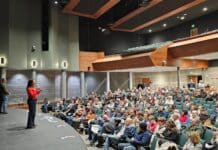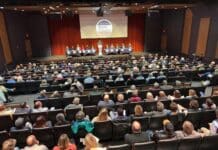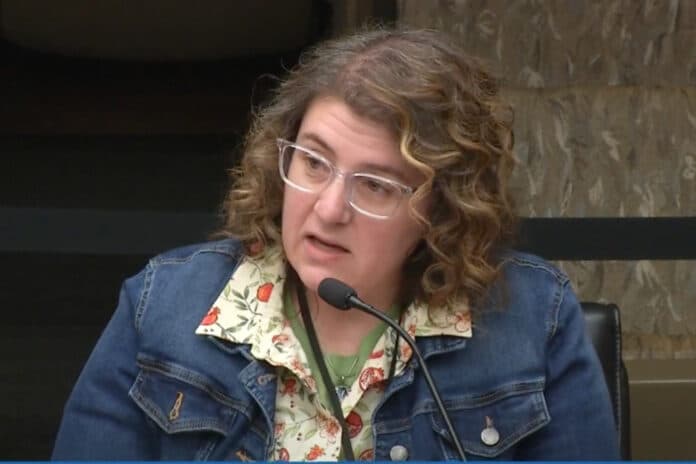
The newest member of the state legislature is carrying a bill that would expand the power of local school boards to appoint members to fill vacancies when a school board member resigns, as opposed to requiring a special election.
Rep. Bianca Virnig, DFL-Eagan, is sponsoring HF4287, a proposal that would address an issue in which she has firsthand experience.
In January, Virnig stepped down as a member of the Rosemount-Apple Valley-Eagan School Board after winning a special election for House District 52B. At the time, Virnig was only midway through serving a four-year term as a school board member for ISD 196.
The Rosemount-Apple Valley-Eagan School Board, which is controlled by Education Minnesota-endorsed members, appointed a replacement in February to fill the vacancy created by Virnig’s resignation. That seat, now occupied by Leah Gardner, is required by state law to undergo a special election this November.
Virnig told her colleagues in a hearing last week that her bill would allow boards to appoint a replacement without having to undergo a special election if under two years remain on the term. The bill would take effect July 1 and apply to “vacancies occurring on or after that date.”
“School districts do not have dedicated funding to run elections, and therefore they are paid with general fund dollars,” Virnig said. “Those are dollars that are better served in the classroom.”
Special elections for school board can cost a school district about $10,000, on average, but can be more depending on the size of the district.
The Minnesota School Boards Association, which represents already-elected school district officials across the state, submitted written testimony supporting the bill.
The proposal “will help public school districts by preventing costly and labor-intensive special elections from being held in off years after a board member resigns,” wrote MSBA government relations director Andrea Cuene. “Because they are outside of general election years, school districts must run these elections themselves. School districts do not have any dedicated funding to run elections so they must be paid for with the general fund, taking money out of the classroom.”
Administrative costs versus voice of the voters
While the MSBA has said special elections to fill vacancies on a school board aren’t all that common, the Stillwater Area School District has seen five of its school board members resign since 2020 and has held two special elections, one in 2021 and one in 2023, that cost the district nearly $130,000 to administer.
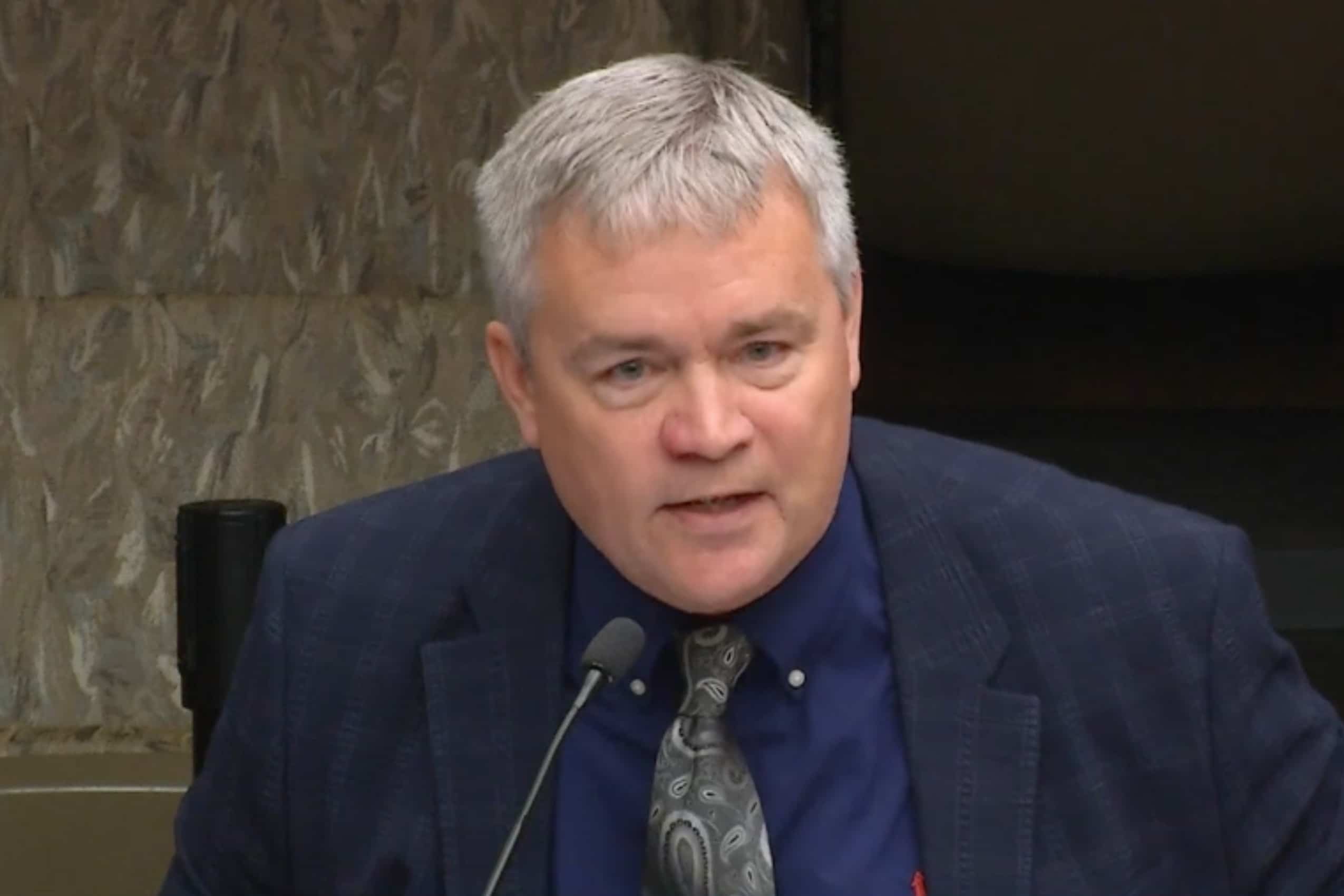
Not everyone involved in school board politics is on board with the bill. The Minnesota Parents Alliance, a non-partisan organization involved in recruiting and supporting candidates who often run against candidates recruited and endorsed by Education Minnesota, says the bill would eliminate the voice of voters in circumstances where a board member resigns midway through their term.
“Achievement-focused parents and community members are stepping up and winning seats on their local school board and this bill is a thinly-veiled attempt to give status quo board majorities a mechanism, not only to remove members for vague reasons, but to appoint their replacement for up to 2 years of a 4-year term,” Cristine Trooien, MPA executive director, told Alpha News. “Notably, the bill’s author (Virnig) has publicly asserted that candidates who present a challenge to status quo leadership in K-12 education are conspiracy theorists spreading ‘disinformation’ and who, if elected, will make school districts ungovernable.”
During the March 13 hearing on the bill in the House Elections Committee, the DFL majority voted to move the bill on the general register, which means it’s ready to be taken up on the House floor. A Senate companion bill, SF4951, was introduced last week but has yet to be scheduled for a committee hearing.
Republicans in the committee voiced opposition to the bill, with some saying its provisions would take power away from the community and consolidate it into the hands of administrators and already elected board members.
“[School district] administration loves this bill,” said Ben Davis, R-Merrifield, criticizing testimony from Brainerd Public Schools Superintendent Heidi Hahn, who supports the bill. “The school board serves at the pleasure of the people, not themselves.”
“Were talking about just under two years the school board’s going to appoint, possibly, potentially one of its own … This takes authority away from the people, and I don’t care what kind of price tag you put on that, that’s not right.”
Hank Long
Hank Long is a journalism and communications professional whose writing career includes coverage of the Minnesota legislature, city and county governments and the commercial real estate industry. Hank received his undergraduate degree at the University of Minnesota, where he studied journalism, and his law degree at the University of St. Thomas. The Minnesota native lives in the Twin Cities with his wife and four children. His dream is to be around when the Vikings win the Super Bowl.




